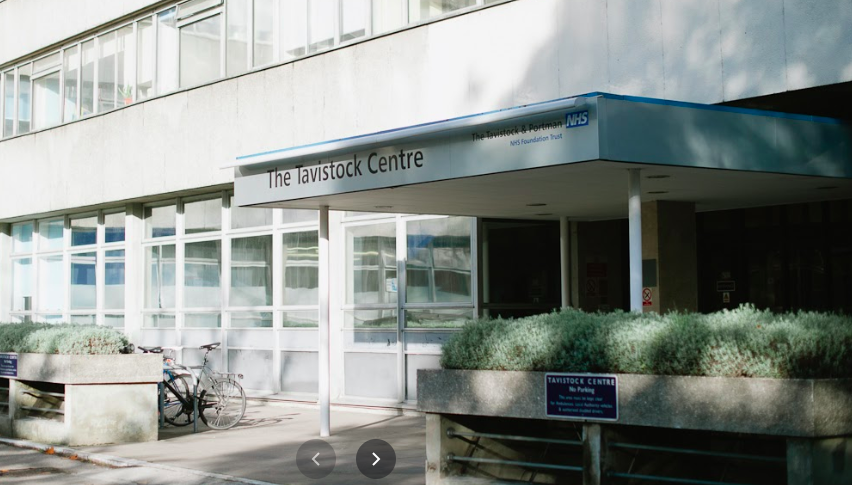Trans teen launches legal action over painfully long NHS gender clinic wait times

The NHS service has a years-long waiting list (Graeme Robertson/Getty Images)
A transgender teenager is taking legal action over the years-long wait faced by young people seeking appointments with NHS specialists.
NHS services for both transgender adults and trans children have waiting lists of several years for an initial appointment, with teenagers made to wait around three years to be seen at the only clinic for young people, the London-based Gender Identity Development Service.
The excessive waiting times fly in the face of an NHS-wide target enshrined in law for people to be seen within 18 weeks, and one teen is now taking on the system.
The 14-year-old boy, identified only as Reece, has begun the process of launching a legal challenge with the support of legal activist group the Good Law Project.
In a letter before action sent to NHS England, lawyers from the Good Law Project explain: “We are aware of many children who are waiting two to three years, with some reports suggesting wait times approaching four years.
“We contend that NHS England is acting unlawfully by failing to ensure that [people referred to the clinic] have commenced appropriate treatment within 18 weeks.”
“Further NHS England is acting unlawfully in that, following notification that he does not agree to the waiting times and requires an alternative provider, that NHS England has failed to take any steps to arrange alternative provision for [the teen].”
The letter calls on NHS England to “confirms the location and nature of the alternative provision which it is prepared to commission” and to set out “what steps, if any, NHS England is presently taking to work with the trust to reduce waiting times to the 18 weeks agreed level including any steps to expand capacity for the GID service at the trust”.

Healthcare for trans youth is provided by GIDS at the Tavistock centre. (Google maps)
Trans teenager forced to take legal action because ‘nobody else is sticking up for us’.
The teenager said: “Doctors and experts all over the world agree on the healthcare that I and other trans people need. But in this country, it is impossible to get access to this care.”
Speaking to the BBC, he explained he did not want to resort to the measure but “nobody else is sticking up for trans young people”.
He added: “I know more than 30 trans people, from school and LGBT groups. Everybody’s been waiting for months, or even years, but nobody’s been able to get in yet.
“It’s scary because it shows the service isn’t available to the people who need it.”
The delays mean that transgender children are left for years without specialist psychological support, and by the time many are seen it is too late for them to start puberty blocker treatment.
In a release, Good Law Project added: “Children are losing the opportunity to be seen within a window in which they can secure effective treatment. They are, in practice, being denied access to treatments which are correlated with improved mental health and reduced suicide risk.
“Whatever your views about the right treatment regime for young people with gender dysphoria, it can’t be right that they face lengthy waiting lists just to have a first appointment with a specialist.
“That’s why Good Law Project and one of the teenagers affected have written to NHS England to give them an opportunity to make a concrete and meaningful commitment to meet their statutory duty to young people.
“If they don’t, we will issue legal proceedings. We believe we have a very compelling legal case.”
The group adds: “The legal challenge to ensure NHS England meets its obligation to children and young people will be our first case of many to protect this most disadvantaged – and discriminated against – of communities. We will stand with our trans friends.”
Unlike adult gender identity clinics, which list their years-long waiting times on their website, the GIDS does not publish an official waiting time estimate.
Its website says: “We are aware that the time young people have to wait for a first appointment here at GIDS is long. We are working hard to reduce waiting times, including with our commissioners NHS England.
“These longer waiting times come after a large increase in the number of referrals to our service over the past few years.
“It is not possible to give individual expected wait times in an accurate way. We know that it is frustrating not to have a firm figure for how long you might have to wait, but waiting times can change. We might mislead people if we try to be too precise about future waiting times.
“We are currently seeing young people for their first appointment in GIDS who were referred in 2018.”

